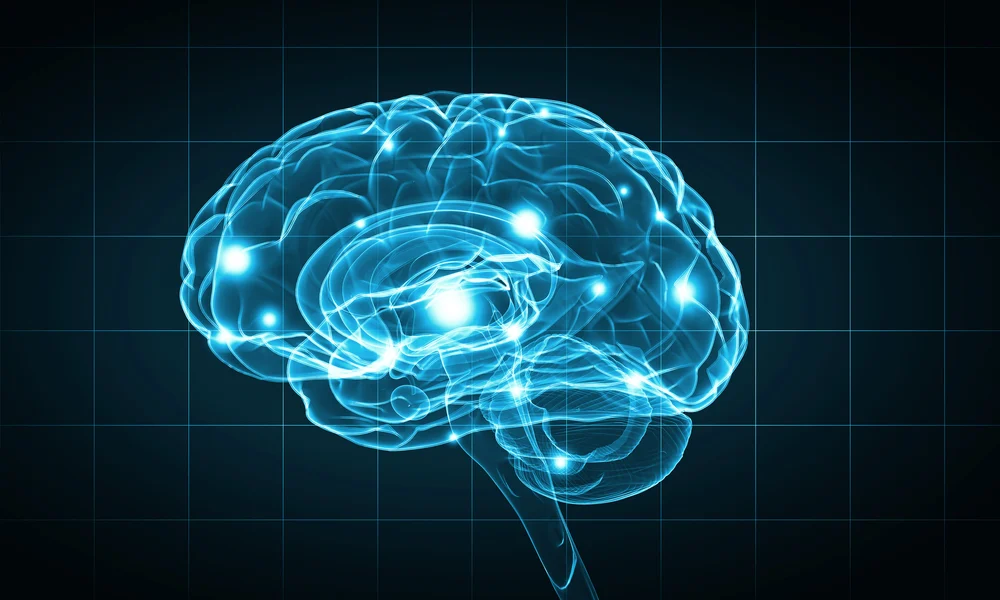Researchers discover important hippocampal cells that might be involved in making snap decisions.

Image Credit: University of Colorado School of Medicine
Researchers at the University of Colorado Anschutz Medical Campus have found that certain brain cells are stimulated by certain scents, and this could be related to the quick decision-making process of “go, no-go.”
The research was published in the journal Current Biology.
The hippocampus, a part of the brain essential to memory and learning, was the focus of the scientists’ investigation. They were aware of the crucial role that so-called “time cells” play in hippocampal function, but they were unaware of the part they play in associative learning.
These are cells that would remind you to make a decision – do this or do that.”
Diego Restrepo PhD, Study Senior Author, Neuroscientist and Professor, Cell and Developmental Biology, University of Colorado School of Medicine
The mice quickly learned to lick the fruity smell rather than the smell of mineral oil when they were given the option to react to a fruity smell by licking on a spout that delivered sweet water, according to the researchers' observations.
They have to associate the odor with the outcome of what they are doing, so that’s why they learn decision-making. When it’s a fruit odor, they lick and get a reward. When it’s mineral oil, they stop licking.”
Ming Ma, PhD, Study First Author and Senior Instructor, Cell and Developmental Biology, University of Colorado School of Medicine
Study Finds Decision-Making Cells in Hippocampus
The more they learned, the more the cells were stimulated leading to more rapid decoding of the odors and allowing the mice to quickly become proficient at choosing the fruity smell.”
Fabio Simoes de Souza, DSc, Study First Author and Assistant Research Professor, Cell and Developmental Biology, University of Colorado School of Medicine
The smell that ascends the nose and sends signals to the olfactory bulb and the hippocampus serves as a trigger for decision-making. The two organ systems are interdependent. The brain quickly processes the information and decides what to do with it.
Restrepo says, “Before this we didn’t know there were decision-making cells in the hippocampus. The hippocampus is multitasking.”
Restrepo surmised that the reason the cells are not always active is to prevent the stimuli from overwhelming them.
The study adds to the understanding of the brain's role in decision-making, particularly with regard to the instantaneous go/no-go choices that both humans and mice frequently make.
Restrepo says, “The hippocampus turns on decision-predicting time cells, which would give you a hint of what to remember. In the past, time cells were thought to only remind you of events and time. Here we see memory encoded in the neurons and then retrieved instantly when making a decision.”
Source:
Journal reference:
Ma, M., et al. (2024). Sequential activity of CA1 hippocampal cells constitutes a temporal memory map for associative learning in mice. Current Biology. doi.org/10.1016/j.cub.2024.01.021.